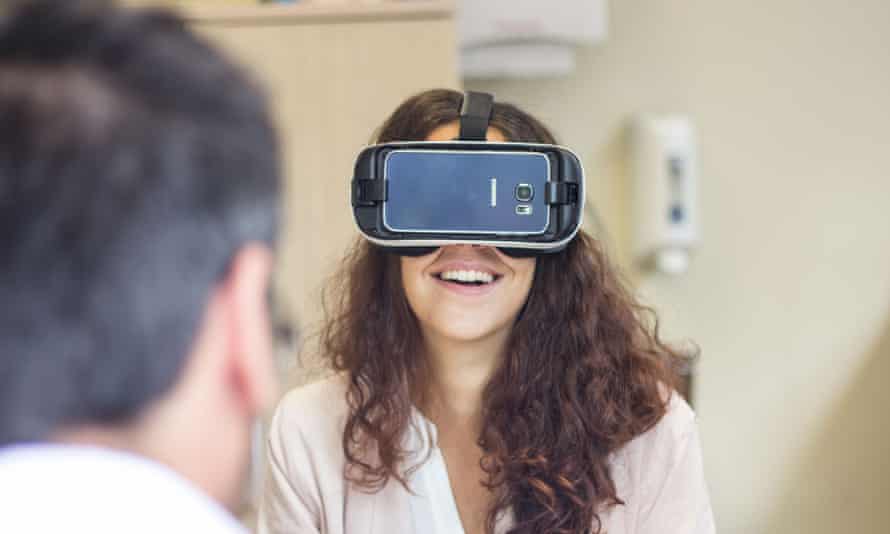As technology continues to advance, the landscape of therapy and the treatment of mental illnesses continues to change. More and more, people are turning to the internet for therapy and places like BetterHelp.com offer professional online counseling.
Mobile apps and easy access to therapists have changed the landscape of psychological counseling. Mobile apps are often designed and developed to help those suffering with mental health issues. What are the benefits of these types of apps and increased access to counselors? Are there any significant downsides?
Benefits
Technology can help patients and therapists in some tremendously important ways. For one, it is much more convenient because you can contact a therapist anytime and anywhere. This may even make it more likely that some people seek therapy because it is much easier to do so.
Some mobile apps are free and therapy has a tendency to cost less when done online. Therapists can also provide their services for more people all over the nation or even the world. Most professionals believe that online or mobile therapy is as effective as traditional therapy.
Downsides
More research needs to be done on the effectiveness of mobile and online based treatment options. For severe mental illnesses, online therapy is typically not recommended.
In addition, mobile data needs to be guarded. Sensitive information may be shared and a breach in the data could mean a breach in privacy. There needs to be oversight and regulation into the technology, who it is used for, and what types of things will be allowed.
Types of Apps
There are several types of apps that can help people. Some technology connects users with a therapist while others allow the user to privately self-manage their own mental health.
Feedback Apps
Some apps are for self-management and provide feedback to a user regarding the information that is entered. This could be something as simple as a reminder to take medication. However, some offer sophisticated ways to manage anxiety or track sleeping patterns. The technology may even allow the phone to track breathing, heart rate, and blood pressure in relation to sleep or other mental states.
Improving Thinking Apps
There are some apps that help the user improve their thinking skills (cognitive remediation). They are targeted to people who suffer from mental illness and can be a great supplement to traditional or online therapy.
Skill-Training
These apps teach users develop important skills that help them learn coping skills. They can even be fun. They offer a plethora of different activities from educational videos to strategy recommendations. Some often track the skills and offer feedback accordingly.
Supported Care
These types of apps connect the user to another person for support or management of their mental health. A trained health care professional can offer guidance, recommendations, and suggestions for therapy.
Symptom Tracking
As technology advances, so does the ability to track symptoms with smartphones. Smartphones have sensors that can track movement, social interaction, and even behavior throughout the week or even the day. This data can be used to determine the user’s progress and current state of mind. Apps can recognize any significant changes that signal certain mental health crises. This could be anything from depression and mania to psychosis. The app can also be connected to health care professionals and alert them when a significant change occurs so that they can reach out to assist the user.
Online Therapy
Online therapy can be a great way to speak to a counselor from the comfort of your home. You may even be able to use your mobile phone to ask questions or speak with a counselor. They will be able to see any messages as soon as they are logged back in. This means that you can send them messages at any time and will receive a response as soon as possible.
Support Groups
There are tons of online support groups available for those suffering from mental illness. There are also support groups dedicated specifically for certain issues including addiction. Some apps can track alcohol consumption. Also, there are courses available that are created by mental health professionals to help those in need.
Conclusion
As technology advances so do the alternatives to traditional therapy. People can now take advantage of mobile apps that can help them track and manage their symptoms. These apps can remind them to take medication, connect them with therapists, or offer 24/7 support systems. Studies need to be done on the effectiveness of a lot of this technology, but the future of online and mobile mental health apps seems to be promising.
